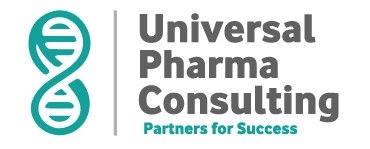The Middle East and Africa (MEA) region is rapidly emerging as a key area of focus for pharmaceutical companies around the globe. With its expanding population, increasing healthcare needs, and evolving regulatory frameworks, this diverse and dynamic region presents both challenges and unparalleled opportunities for growth.
Growing Demand for Healthcare Solutions
The MEA region is home to a young and growing population, which is driving an increased demand for healthcare services and pharmaceutical products. As the region continues to develop economically, more people have access to better healthcare, resulting in greater need for innovative medicines, vaccines, and treatments. In countries like Saudi Arabia, Egypt, and South Africa, there has been significant investment in healthcare infrastructure, creating a favorable environment for pharmaceutical companies to expand their operations.
Unique Market Opportunities
Pharmaceutical companies entering the MEA region have the chance to tap into unique market opportunities. For instance, diseases such as diabetes, cardiovascular conditions, and certain infectious diseases are prevalent in these regions, presenting opportunities for companies to introduce specialized treatments. Additionally, the rise of personalized medicine and biotech innovations offers the potential to cater to niche markets within the region.
Regulatory Changes and Market Access
Although the MEA region presents challenges in terms of regulatory complexity, the landscape is gradually evolving. Governments in many MEA countries are improving their healthcare systems and working to streamline regulatory frameworks, making it easier for pharmaceutical companies to launch products and expand their presence. Navigating these regulatory changes requires strategic expertise, but the long-term rewards are significant.
Investment in Research and Development
Pharmaceutical companies are increasingly recognizing the importance of investing in research and development (R&D) within the MEA region. By conducting local R&D, companies can better understand the specific healthcare needs and preferences of the population, allowing for the development of tailored treatments that can have a greater impact on public health. Moreover, collaborations with local institutions and governments can pave the way for faster market entry and more successful product launches.
Conclusion
The Middle East and Africa represent a crucial frontier for pharmaceutical companies looking to expand their global reach. With its growing demand for healthcare, unique market opportunities, and evolving regulatory environment, this region holds immense potential for those willing to invest in its future. As the MEA region continues to develop, pharmaceutical companies that establish a strong presence will be well-positioned to lead the way in improving healthcare outcomes and driving business success.
For more insights on how to navigate the pharmaceutical landscape in the Middle East and Africa, reach out to our team of consultants at Universal Pharma Consulting. We are here to help your business thrive in these strategic markets.

